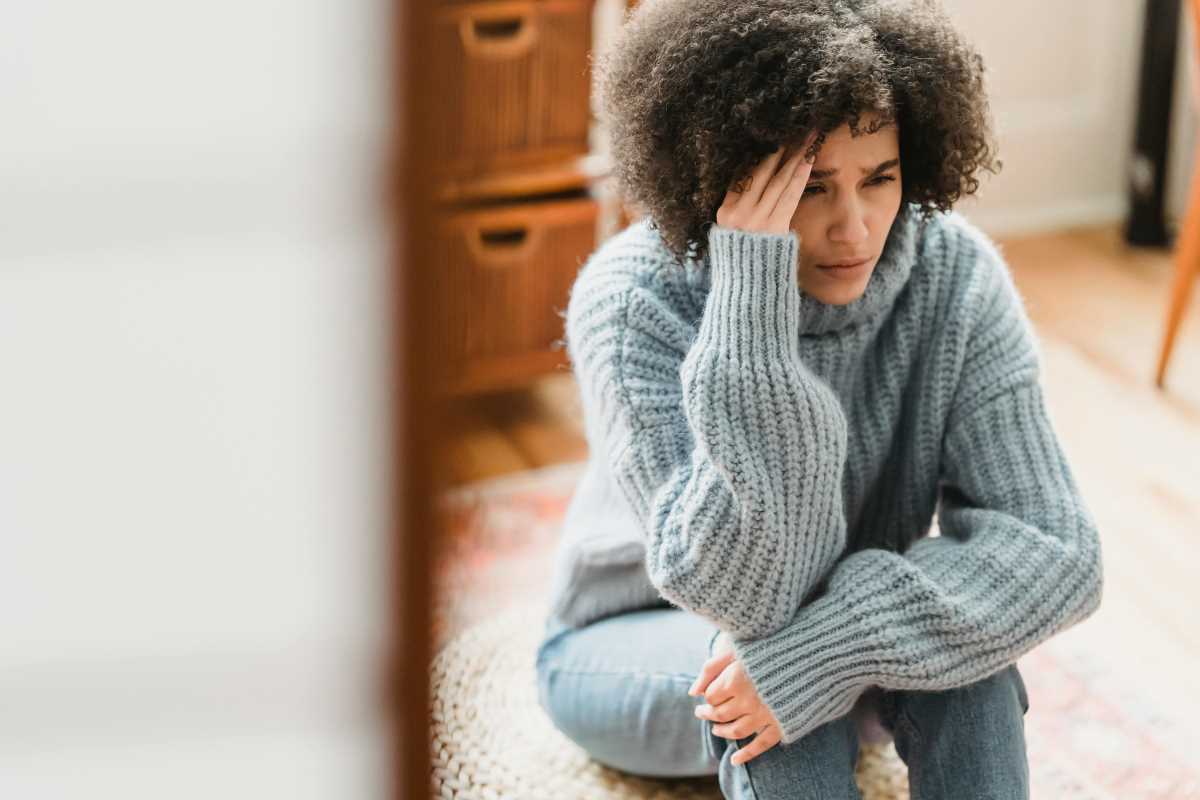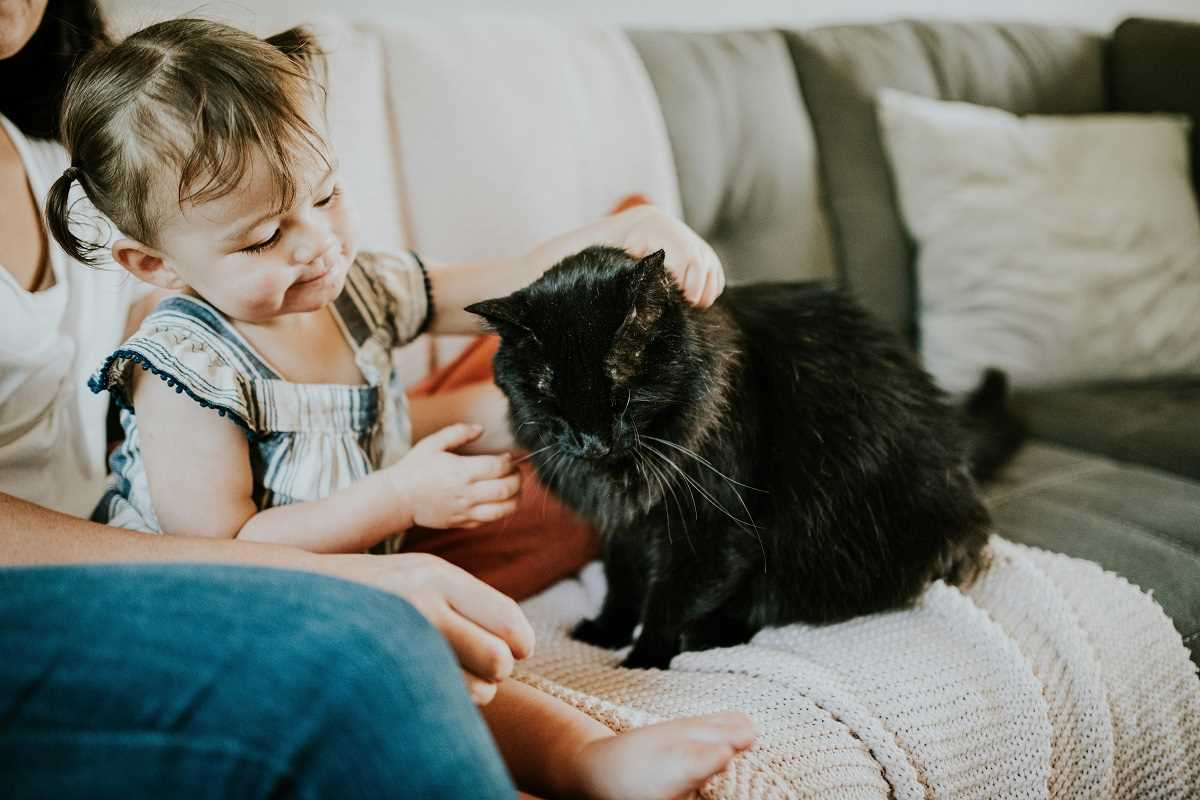Grief is one of life’s most universal experiences, yet it affects every family differently. The loss of a loved one disrupts routines, changes dynamics, and brings a wave of emotions that can leave family members feeling unsure of how to move forward. For parents, guiding their family through loss while managing their own grief can feel overwhelming. This is where family counseling can make a significant difference. By offering support, communication tools, and guidance, family therapy helps grieving families heal together and strengthen their bond through the toughest of times.
What Is Family Counseling for Grief?
Family counseling is a structured form of therapy designed to support families dealing with loss. During sessions, family members meet with a trained professional to share strategies for coping, explore each person’s experiences, and promote healing as a connected unit. Unlike individual counseling, family therapy focuses on the dynamics within the group, aiming to build resilience and enhance understanding among all members.
The grief process looks different for everyone, even within the same family. For instance, a parent might grieve through quiet reflection, while a teenager might express their pain through anger or withdrawing. With the guidance of a family counselor, these differences become opportunities for learning and support, rather than sources of misunderstanding or conflict.
Why Grieving Families Benefit from Counseling
Navigating loss as a family is an emotional, multifaceted challenge. Counseling can provide essential tools to foster connection and assist in the healing process. Here are some key benefits:
1. Promotes Open Communication
Grief has a way of making communication difficult. Family members may not know how to talk about their feelings, worry about burdening others, or fear being judged. This lack of connection can lead to feelings of isolation, even when you're surrounded by loved ones.
Counseling encourages open conversations by providing a safe, neutral space. A skilled therapist helps families express their emotions and thoughts without fear of criticism. This openness can reduce misunderstandings, resentment, and the feeling of “walking on eggshells” around one another.
For example, a counselor might guide a family to share memories of their loved one or talk about the impact of the loss in their daily lives. These discussions often bring a shared sense of relief and support.
2. Helps Children Express Themselves
Children often struggle to articulate the complex emotions that come with loss. Some may express their grief through behavior changes, while others might remain silent, leaving parents unsure of how they are coping. Family counselors use age-appropriate techniques, such as play therapy or art activities, to help children communicate their feelings in a way that feels natural for them.
For example, a young child might draw a picture to represent their emotions, while a teenager might participate in an interactive exercise to explore their feelings. These activities allow children to be heard and understood in ways that suit their developmental stage.
3. Provides Coping Strategies
Every family member copes with grief in their own unique way. One person might prefer journaling as an outlet, while another may benefit from physical activities like exercising or gardening. A family counselor will introduce tailored coping tools for individuals, as well as techniques for collective healing.
By offering strategies like mindfulness exercises, breathing techniques, or rituals to honor the deceased, counseling becomes a foundation for healthy grief management. Families might also collaborate on ways to celebrate their loved one’s memory, such as creating a photo album together or writing a shared letter expressing their emotions.
4. Prevents Long-Term Emotional Strain
Grief that goes unaddressed can take a toll over time, leading to issues such as depression, anxiety, or strained relationships. Children, in particular, are vulnerable to developmental challenges if their grief is dismissed or misunderstood. Family counseling provides a proactive approach, offering tools that help individuals and families address grief in a healthy way, reducing the risk of emotional strain later on.
For instance, a child struggling with nightmares after a sibling’s death might gain confidence through imaginative role-play in therapy. Similarly, parents expressing guilt or worry might learn strategies to balance their emotions while supporting their kids.
Common Questions from Parents About Family Counseling
How Soon Should We Seek Family Counseling?
There is no universal timeline for grief or for starting counseling. Some families benefit from therapy shortly after the loss, while others might seek help months or even years later. What matters most is recognizing when grief is interfering with daily life or relationships.
Here are some signs that family counseling may be helpful:
- Family members are avoiding each other or withdrawing into themselves.
- Grief is causing disruptions at school, work, or home.
- There are ongoing emotions such as anger, guilt, or intense sadness that don’t subside over time.
- Changes in behavior, such as difficulty sleeping or loss of interest in activities, persist.
Whatever the circumstance, seeking counseling is a positive step toward healing.
What Happens in a Family Counseling Session?
Every session will be a little different, depending on the family’s needs and goals. A typical session might include:
- Talking openly about the loved one who has passed and how their loss is impacting everyone.
- Participating in activities to help children or teens express grief in a way that feels comfortable.
- Learning tips for managing emotions and resolving conflicts as they arise.
- Exploring family routines and creating shared ways to honor the loved one’s memory.
Therapists ensure that everyone feels welcome and can participate at their own pace, helping younger or quieter members to engage without pressure.
How Can Parents Support Grieving Kids at Home?
Children take cues from their parents when dealing with difficult emotions. By modeling healthy coping mechanisms and openness, parents set a tone for resilience. At home, families can:
- Maintain a routine: Regular schedules provide security and stability during uncertain times.
- Create opportunities for conversation: This might mean sharing stories about the loved one at dinner or setting aside 15 minutes daily to talk about emotions.
- Be patient with behavior changes: It’s common for children to act out or regress in response to loss, and understanding their reactions is essential.
- Seek out books or resources: Stories that explore loss in age-appropriate ways can give children the tools to understand their feelings.
Remember, grief is a process—not a problem to be solved. Being present for children, listening without judgment, and offering consistent love and support go a long way.
Choosing the Right Counselor
Finding a counselor who understands your family’s unique needs is crucial to the healing process. Look for professionals with experience in grief counseling and family dynamics, as these specialties ensure they’ll understand the complexities of loss.
When interviewing potential counselors, don’t hesitate to ask:
- About their experience with grief and family therapy.
- How they tailor sessions for children or teens.
- What their approach is to fostering open communication within families.
The right match can make all the difference in feeling comfortable and supported during therapy.
Taking the First Step
Starting family counseling is a brave and compassionate choice. It’s a way of saying that your family’s well-being matters and that you are willing to work together to grow stronger through the pain. No one should face grief alone, and with guidance, it’s possible to find light even during the darkest times.
If you sense that your family is struggling to cope, consider reaching out to a local family therapist or grief counselor. Many professionals offer consultations where you can ask questions and get a feel for whether they’re the right fit for your family.
Healing from loss as a family is not about forgetting the person you’ve lost. It’s about learning how to live with the love and memories they left behind while finding new ways to be present for one another. Family counseling is a powerful tool for achieving this balance, providing hope, connection, and the tools needed to move forward together.
 (Image via
(Image via





